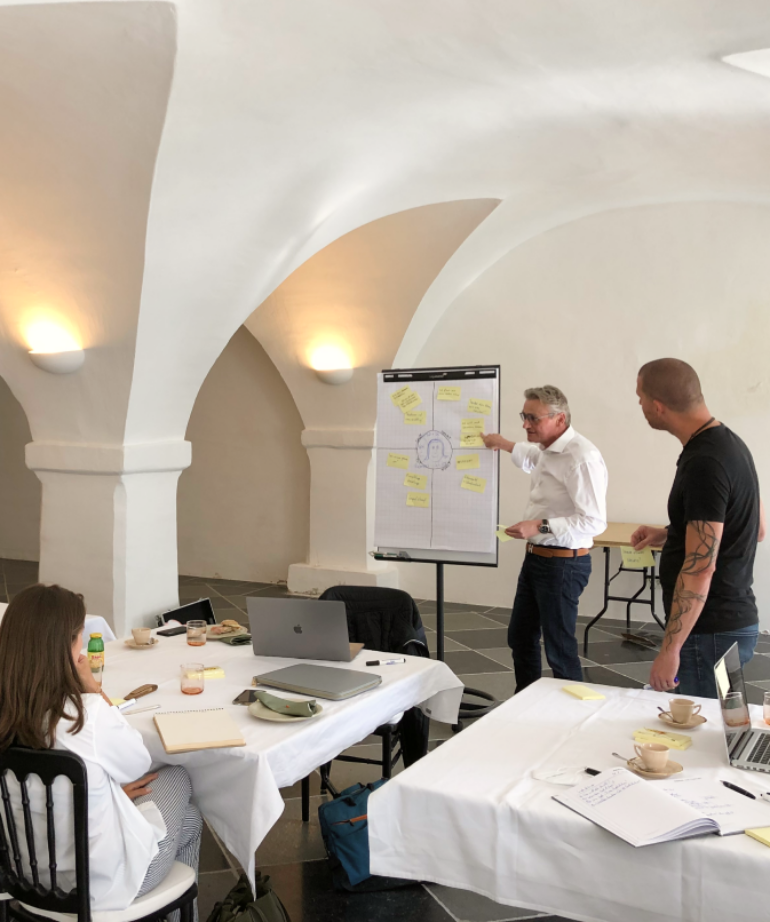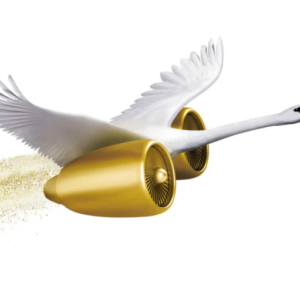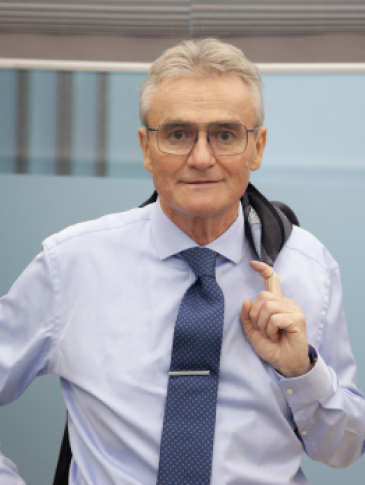
REICHLUNDPARTNER has supported this initiative from the very beginning. And we are still 90 percent in agreement with this initiative. However, the competitive environment has changed and so has the way agencies do business with new clients.
It is not acceptable for chambers, associations and clubs to dictate to agencies how they should initiate their business. Each agency must recognize and evaluate the potential opportunities in each potential new customer itself and then decide on the conditions under which it wants to win over this new customer.
In addition, the economic conditions often do not allow young companies, start-ups and SMEs to invest too much in an agency selection. But we see great potential in young companies in particular. We want to promote and support them. We want to offer the opportunity to experience one of the most powerful agency groups in Austria in a low-threshold way.
In future, we will rely on fair pricing models for pitches that are communicated openly and transparently. Ultimately, it is also an opportunity for REICHLUNDPARTNER to inspire new customers.
But there are also other reasons why we can no longer support the Charter.
International agencies that support the Quality Pitch Charter in Austria can already circumvent all rules with their parent companies and pitch for free. This makes the charter obsolete.
Further details can be found in our letter to the IAA Austria.
Rainer Reichl
Founder & Managing Director

Agency brief introduction
Since its founding in 1988, the REICHLUNDPARTNER agency group has evolved into one of Austria’s leading communications agencies. With a comprehensive range of services and highly specialized, independently managed units, we offer innovative, holistic solutions across all areas of analog, digital, and social marketing communication.

